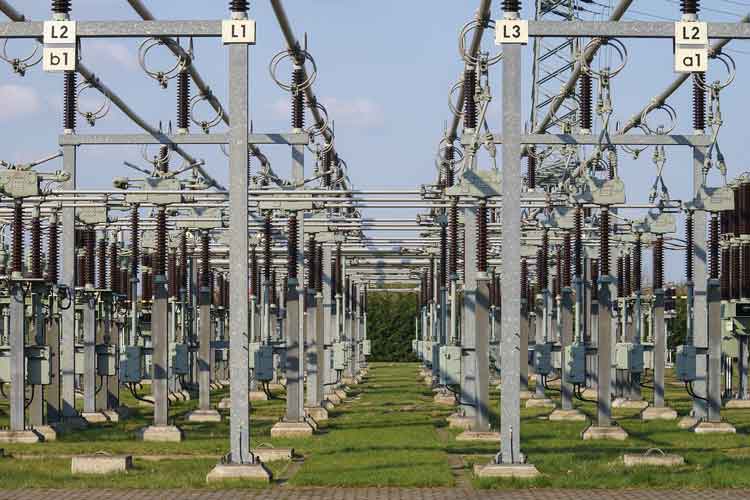CSA changes 2009 Canadian Electrical Code to align with American counterpart
By Vince Versace, CSA
Substation Relay Protection Training
Our customized live online or in‑person group training can be delivered to your staff at your location.

- Live Online
- 12 hours Instructor-led
- Group Training Available
“There will be greater clarity improvements and harmonization (with the new code),” said Stephen Brown, electrotechnical director at CSA.
CSA recently held a webcast and teleconference to highlight new areas in the CSA 2009 Canadian Electrical Code which will undergo upgrades after a little more consultation. The code is considered a “must-have” safety tool and it has now been moved to a three-year production cycle, similar to the American National Electrical Code, noted Brown. Canada’s code was previously in a four-year cycle.
Brown said the stakeholder consultation, which helped develop the changes, was “the most extensive stakeholder consultation ever” undertaken by the CSA.
Utilities, home builders, product manufacturers, designers, installers and government officials were all involved in the process, he said.
The 10 main areas where code upgrades will occur are: requirements for tamper resistant receptacles; passenger ropeway requirements; new bonding requirements for servicing pools; new requirements for primary seals; equipment requirements for certain class and zone hazardous locations; new cable types; motor overload protection requirements; kitchen microwave and range hood hookups; connection of non-mandatory equipment to emergency power supplies; and electrically connected carbon monoxide alarms.
New technology, immediacy for improving electrical hazard safety and alignment with the American code are the primary drivers for the code review.
However, the proposed upgrades will now go through a further stakeholder engagement process across Canada to help gather more input and rank priorities, noted CSA.
Lance Novak, sales vice president at CSA, said that along with the upgrades to the code CSA will also use new support tools to both provide and understand the code. The tools recognize “the best practices and latest in technology”, he said.
“We will offer the standards in a handy mobile device format,” said Novak.
The format allows users to download a software reader and the 2009 code right to their mobile device. The code will also be available on a “Smart Standard” CD-ROM which contains the guide and a handbook.
CSA will offer a conference series on electrical safety which are specifically designed to provide provincial regulatory bodies the opportunity for input on their issues and concerns. Burnaby, Edmonton, Winnipeg, Toronto and Moncton are the sites for the conference series.
Training via e-learning methods through a Web browser will also be available. This feature allows people access to self-training and assessment anytime, from anywhere, said Novak.











